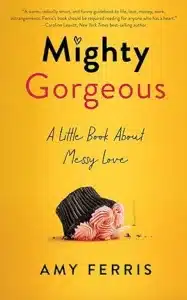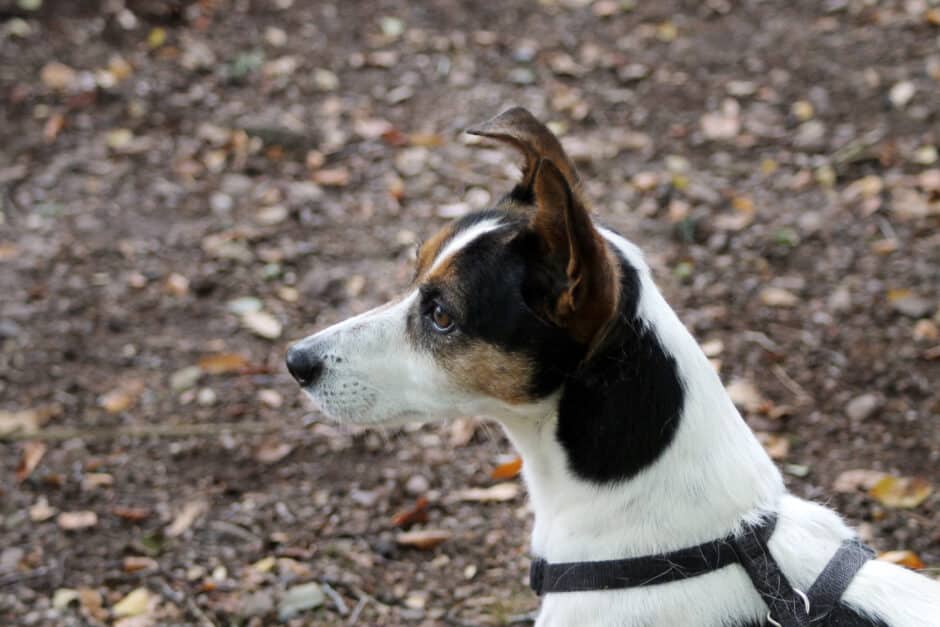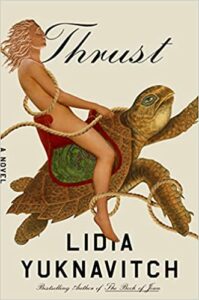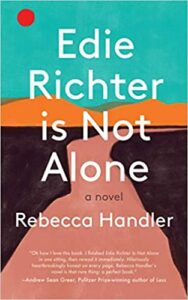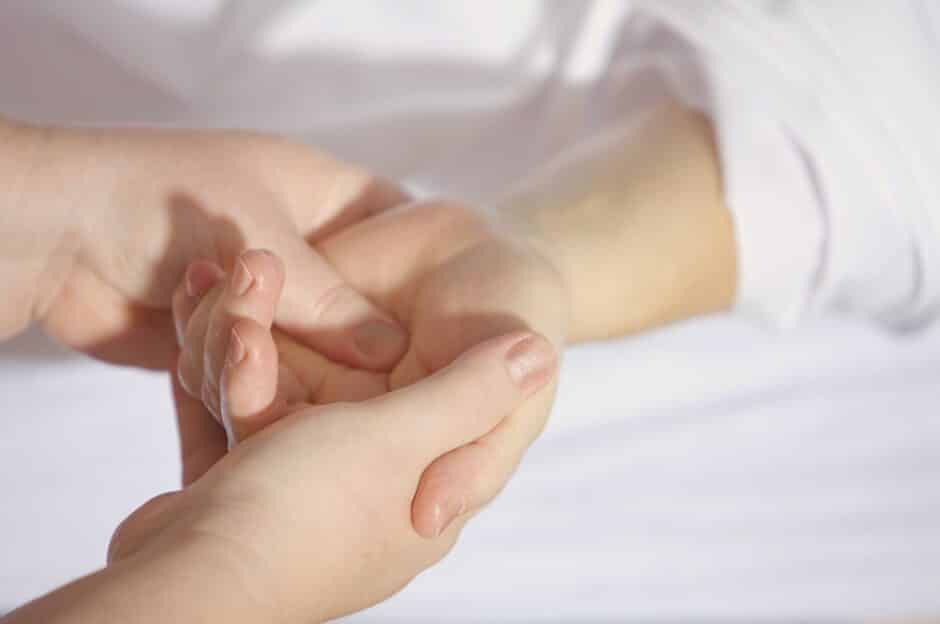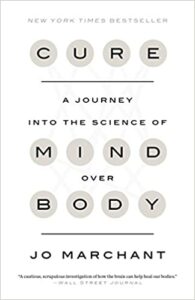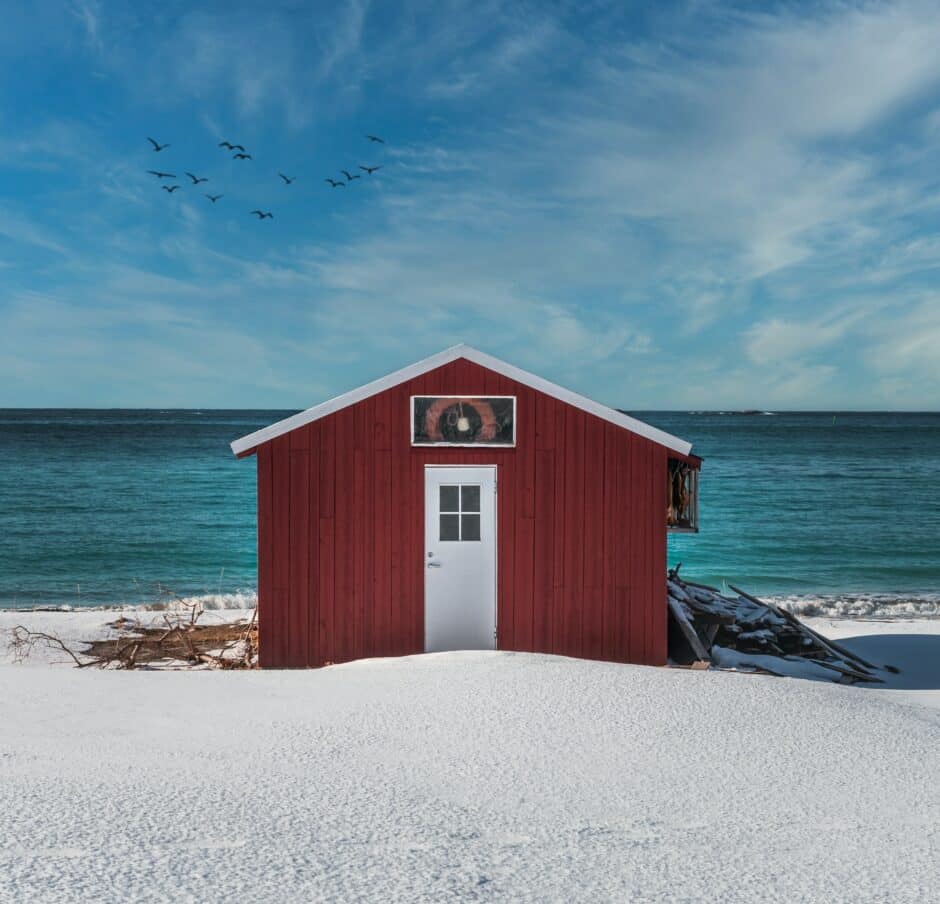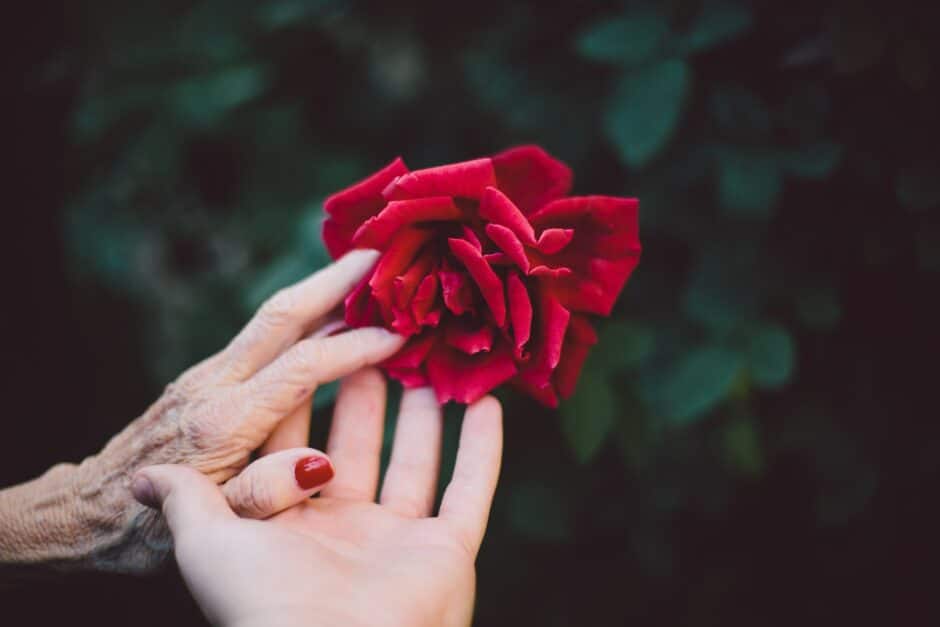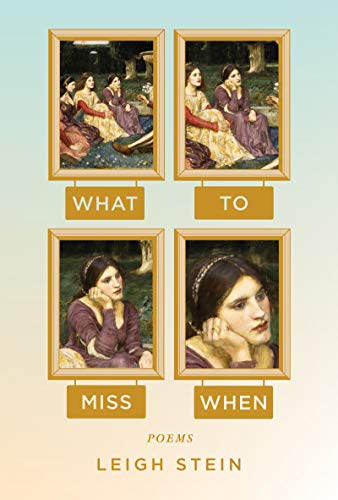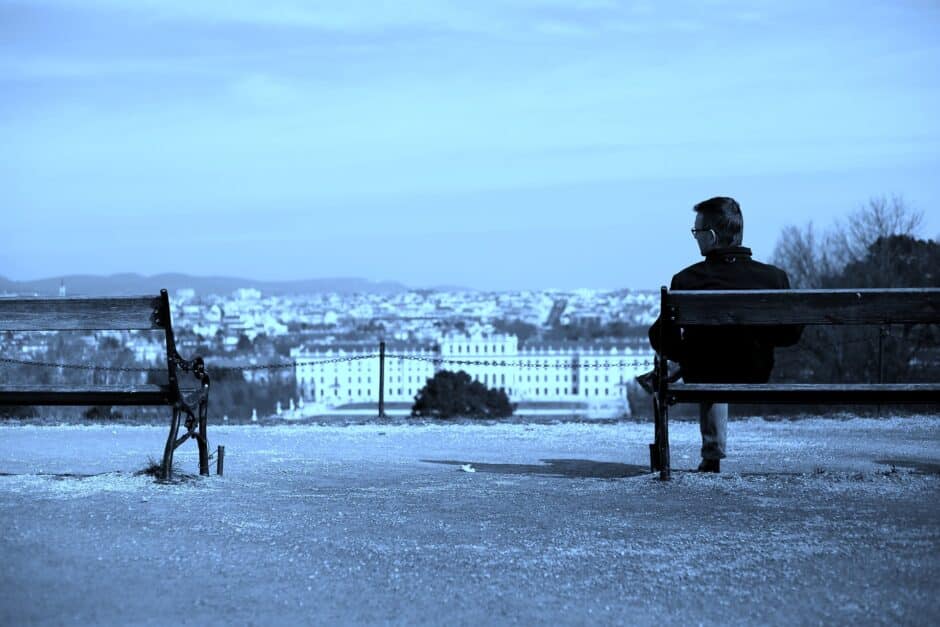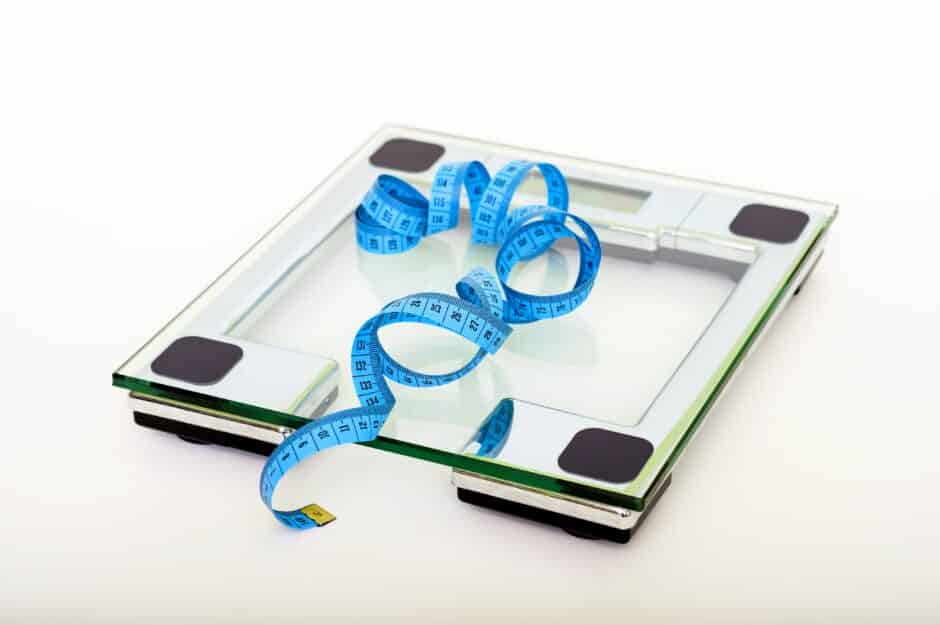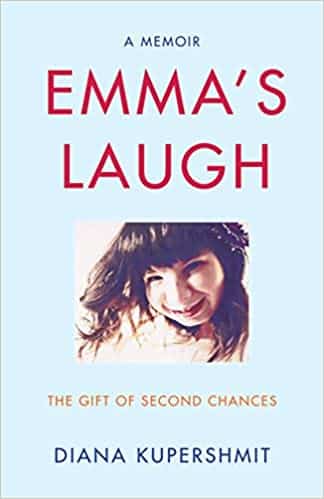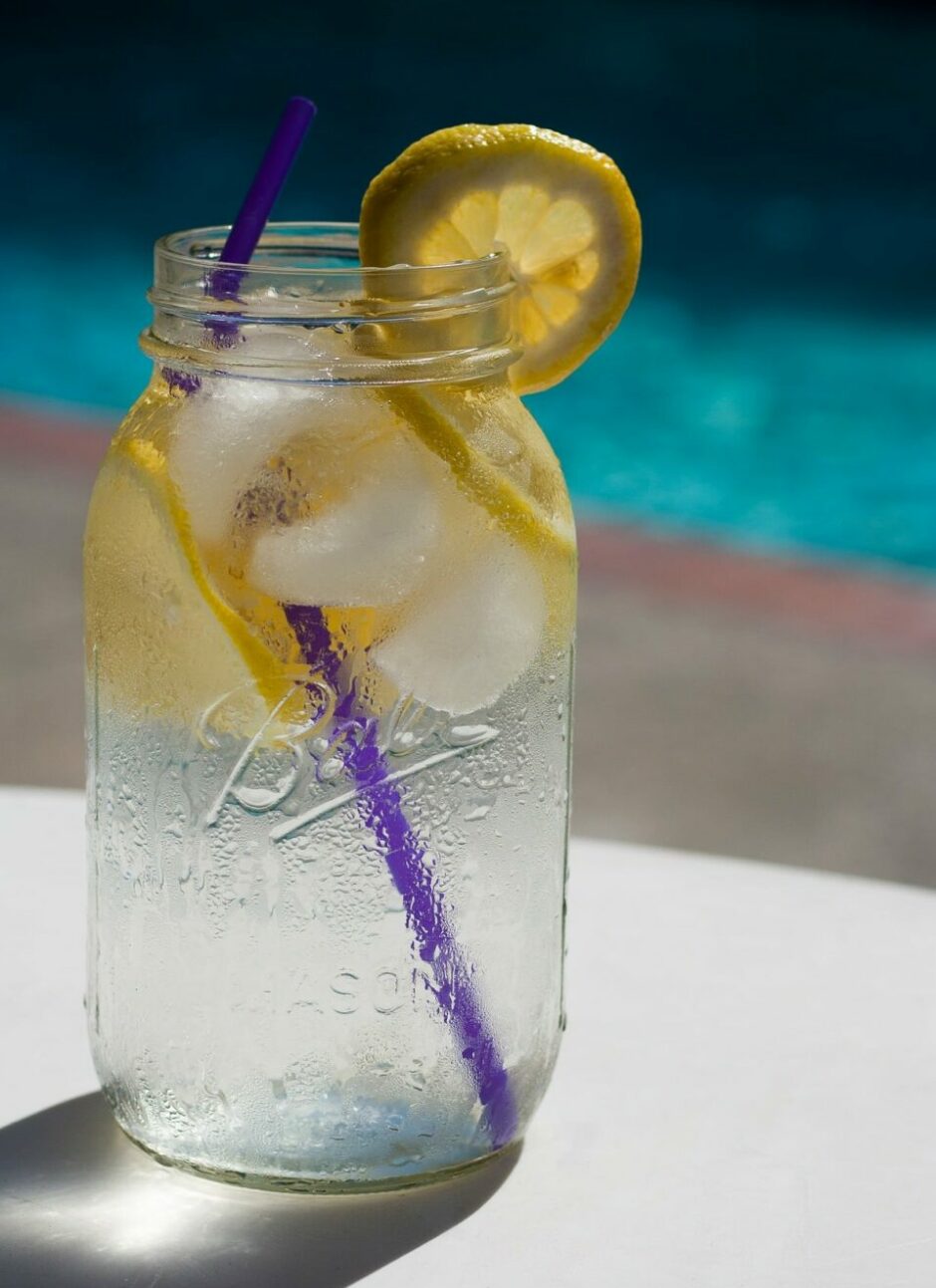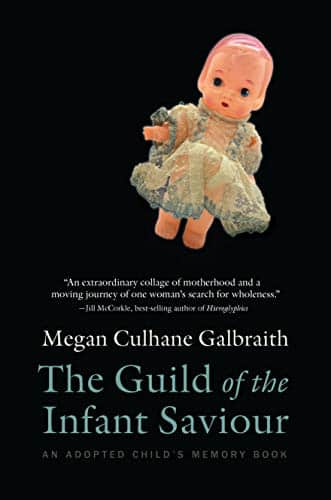Robert Plant was desire and fantasy. The quintessential rock god. Enrobed in snug jeans, his lean frame, gyrating hips jutting, shirt unbuttoned, tousled blond curls flashing as he strutted and commanded the stage. His keening, semi-orgasmic moans and melodies awakened something primal in me. And Jimmy’s galloping, rolling, guitar licks commanding my hips to move. Led Zeppelin was the soundtrack of my becoming. It kindled a fire in me that begged to be tended.
At the starting gate of my teens, I left every midnight showing of the concert movie Song Remains the Same at the Vogue Theatre only to return to my lonely room. I stared at the ceiling, wondering what it would be like for someone to sing for me, to dance for me. Even though Robert performed for legions of fans at enormous public arenas, I imagined this sacred bond between us, an inside secret only we shared. At the end of the night, to have someone croon to me mournfully, magically, majestically, to be cradled in loving arms, head resting on a strapping bare chest, my man’s tender caress stroking my hair, my cheeks, tracing the line of my lips.
I wanted a Whole Lotta Love. Way down inside I needed it.
The creek behind my house smelled of earth and moss. I took my journal and climbed to a rock that jutted out over the water, my throne. I day-dreamed of a boy who would come along and see me on my cliffside perch, see my infinite coolness and fall instantly in love. He would demand to read my musings. I would demure, then hand over my dog-eared notebook. He would declare me a genius, and we would read the poems and entries, and talk about what they meant, talk about life, talk about dreams and desires, just talk, and maybe kiss a little, but gently.
I wasn’t sure I was worthy of something so magical. What I had known so far of love was secret and sinister, and made me feel desperate. I knew more than I should have about the needs of men, and I was already damaged goods. Somehow, I wasn’t meant to have anything so pure. Sex was my calling card. Men wanted my body and I wanted affection, and to belong to someone.
Being used and discarded was the price of admission. Mockery. Mortification. Shame. I didn’t understand how I already knew so much about what men wanted, and why I was vilified for pleasing, bringing pleasure. I kept hoping that someone would look beyond the blow job and see me, just see me and care.
Dudley was my first real boyfriend, a drummer, humble, humorous and unflappable. He was a much nicer guy than I deserved. My reputation preceded me He cared for me and defended me when others told him, who? Not her, man. She’ll do you wrong. Haven’t you heard her nickname, man?
But Dudley was most unconventional, a rare teenager who was a self-possessed, independent thinker and cared not at all what anyone else thought. He liked my fire, liked my weirdness, liked how my eagerness to embrace life made me act too bold, laugh too loud. He would write me sweet love notes, and I could feel his caring words warm me. He borrowed the words and I could hear Robert Plant’s soft voice singing to me as I read the poetry.
There were parties at the Pit, a crater-like fire hole where we built bonfires. It was a good 15-minute walk of bush-whacking deep in the woods behind the old fire station, virtually impossible to navigate after dark. If you had not been shown the way, or if you got too high or drunk, you would get lost. I knew this first hand.
Its seclusion guaranteed that, for a handful of us, the Pit was ours. Away from adult admonishments, we were free and invincible and open to our own goofiness. Dudley was my muse and my man. We had painted rocks with hearts and flowers and skulls and crossbones and decorated the perimeter of the pit and made pentagrams with sticks, pretending like it would scare intruders away. We took Ouija boards and played by firelight, trying to scare each other. We drank and drugged and our dramas played out — guys fought, and sometimes girls fought, and there were breakups every weekend.
There at the Pit, I listened to Led Zeppelin tell me the story of me in all the shades I was becoming —in brash, pulsing, empowering beats; in lacy, lyrical whispers of songs, in audacious, winking satires about plainspoken men and women with no regrets, in mournful my- woman done- me- wrong blues, and twangy, mystical folk, and complex story-songs with lyrics I dissected endlessly. Comfort and pain and seduction. Sublime. And I danced, a one-woman whirlwind of buttocks and breasts and flying hair. Of course, it couldn’t last.
Glenn King was the name of my doom. To this day, I can never hear the song Tempted by the Fruit of Another without thinking of him. One of my best friend’s brothers, he was older by about four years. GQ handsome, his wavy dark hair, sexy green eyes and arrogant smirk exactly the bad boy recipe I couldn’t resist. Mostly, he didn’t give me the time of day as his little sister’s friend, but I had a serious crush on him One night after significant amounts of Boone’s Farm Strawberry Hill and half a Quaalude from my friend’s mom’s prescription, a bunch of us played spin the bottle in a neighborhood basement and the bottle spun to me and he kissed me, and then we kissed some more. I awoke from my reverie and bolted from the game, but it was too late. I tried to pretend it didn’t happen but there were too many “friends” there to witness my betrayal and Dudley found out. He was a laid-back guy but he had a code and I had broken it. I wept and begged and cajoled, told him Glenn meant nothing to me, but it was done. It would not be the last time my impulsiveness got me into trouble. I now knew I was exactly the girl everyone said I was. The one boy who had seen through my image, my artifice, who saw my value was gone. Now, it didn’t matter anymore and I punished myself with self-destruction. I was back to the smart, socially awkward too-loud, inept girl who was the butt of jokes. Nights behind Rose Bowl bowling alley with joints and pills and wine to sweep away the snorts of laughter, the names, the rejection.
In freshman year of high school, in Mr. Paul’s Biology class, I traded my sister’s hand-me-down fringed leather poncho to Maria Niemann for her Led Zeppelin III album. I wonder what happened to Maria. We had bonded in our pariah-ness and our love of Zep and all things hippie. She wore combat boots with her uniform skirt. In sophomore year, she ran away from her abusive home – and school – with her biker boyfriend And I imagine her, wild brown hair and the fringes of the jacket dancing through the open window of a VW van adorned with Grateful Dead stickers. She is free but a little scared. In her tough girl shell, she is laughing and drinking anyway. When I talk to old school friends about her, they don’t remember her at all, as if she only existed in my mind.
I have successfully lived long enough to forgive myself for the things I did looking to belong, looking for love. I can cringe and laugh and marvel at the sweet girl, that rebel. I hope she is still way down inside me somewhere.
Holly Hinson is a writer and communications professional from Louisville, KY. Her poetry has been published in Louisville’s Literary Leo and in the literary anthology Calliope, and her journalism in the Louisville Courier-Journal, Business First, New Albany Tribune and Jewish Community Newspaper. She received an honorable mention for her essay Red Balloon in the 2016 Big Brick Review Essay Contest. Her website and blog is available at hollyhinson.com.
***
Wondering what to read next?
We are huge fans of messy stories. Uncomfortable stories. Stories of imperfection.
Life isn’t easy and in this gem of a book, Amy Ferris takes us on a tender and fierce journey with this collection of stories that gives us real answers to tough questions. This is a fantastic follow-up to Ferris’ Marrying George Clooney: Confessions of a Midlife Crisis and we are all in!
***


